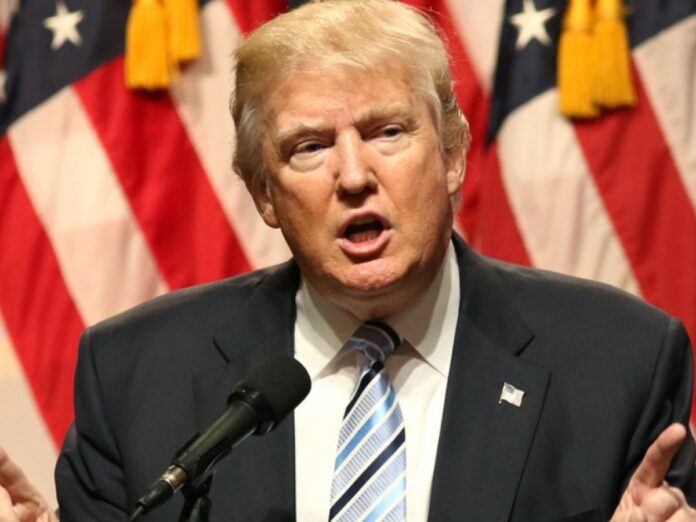The United States is expected to announce on Monday that buyers of Iranian oil need to end imports soon or face sanctions, a source familiar with the situation disclosed, triggering a 3 per cent jump in crude prices to their highest for 2019 so far.
The source confirmed a report by the Washington Post that the administration will terminate the sanctions waivers it granted to some importers of Iranian oil late last year.
Benchmark Brent crude oil futures rose by as much as 3.2 percent to $74.31 a barrel, the highest since Nov. 1, in early trading on Monday in reaction to expectations of tightening supply. U.S. West Texas Intermediate (WTI) futures climbed as much as 3 percent to $65.87 a barrel, its highest since Oct. 30. [O/R]
U.S. President Donald Trump wants to end the waivers to exert “maximum economic pressure” on Iran by cutting off its oil exports and reducing its main revenue source to zero.
In November, the U.S. reimposed sanctions on exports of Iranian oil after President Trump unilaterally pulled out of a 2015 nuclear accord between Iran and six world powers.
Washington, however, granted waivers to Iran’s eight main buyers – China, India, Japan, South Korea, Taiwan, Turkey, Italy and Greece – that allowed them limited purchases for six months.
On Monday, Secretary of State Mike Pompeo will announce “that, as of May 2, the State Department will no longer grant sanctions waivers to any country that is currently importing Iranian crude or condensate,” the Post’s columnist Josh Rogin said in his report, citing two State Department officials that he did not name.
On April 17, Frank Fannon, U.S. Assistant Secretary of State for Energy Resources, repeated the administration’s position that “our goal is to get to zero Iranian exports as quickly as possible. ”
Peter Kiernan, lead energy analyst at the Economist Intelligence Unit (EIU) said “a severe loss in (Iranian) volumes will put pressure on the supply side, given the political uncertainty currently blighting other oil exporters, such as Venezuela and Libya.”
Oil markets have tightened this year because of supply cuts led by the Organization of the Petroleum Exporting Countries (OPEC).
As a result, Brent prices have risen by more than a third since January, and WTI by more than 40 percent.
Analysts said they expected the Trump administration to push OPEC and its de-facto leader Saudi Arabia to stop withholding supply to calm market fears of oil shortages.
“If there is a time for the U.S. to be able to take a hard line it is now, with the Saudis having over 2 million barrels (per day) of spare capacity,” said Tony Nunan, oil risk manager at Mitsubishi Corp in Tokyo.
Trump spoke with Saudi Arabia’s Crown Prince Mohammed bin Salman by phone last week, and the White House said he used the call to discuss ways of “maintaining maximum pressure against Iran.”




